In a speech delivered on Facebook Live in April, Kemi Adeosun, minister of finance, said that the country has not borrowed internationally since 2013.
Adeosun made this statement while outlining the government’s borrowing plans explaining that the country did not have enough money for the level of infrastructure spending it wanted, which amounted to 30% of the budget according to her.
“To do that, as you know, we’ve been out in the market, we’ve done the Eurobond, we’ve done 2 now at $1.5 billion and that’s been very exciting for us because Nigeria hasn’t borrowed internationally since 2013.”
According to the budget, Nigeria needs about $33.6 billion, to build roads, bridges, power utilities, hospitals and schools.
Advertisement
“We do need to go outside and borrow. But we need to borrow as cheaply as possible. So we’ve approached the World Bank, China Exim (bank) and some of the concessional lenders who lend as low as 1.5%, and then we’ll blend that with the money we took from the Eurobond market which is now 7.5%,” Adeosun explained.
Concessionary loans are debts with cheaper and longer repayment terms while Eurobonds refer to debt denominated in a currency other than that of the country issuing it.
With the current economic challenges faced by the country as a result of drop in global oil prices, was it accurate that Nigeria hasn’t been in foreign debt markets since 2013?
Advertisement
What is Nigeria’s external debt profile?
Data from Nigeria’s debt management office show that at the end of 2013, Nigeria owed $8.82 billion on international loans.
This rose to $10.7 billion by the end of 2015. By January 2017 it was at $11.4 billion; an increase of 29.3% over 3 years excluding arrears on the principal or interest paid on previous loans.
A fact check by Stanley Oronsaye of Africa Check revealed that in March 2014, multilateral lenders such as the World Bank and International Monetary Fund held 71% ($6.51 billion) of Nigeria’s external debt. In December 2016 this had risen to $7.99 billion.
In 2014, Nigeria was among the major recipients of $10.6 billion in World Bank loans, receiving more than $2 billion, double the previous year. This money funded both budget shortfalls and infrastructure.
Advertisement
Bilateral debts, those between 2 countries or their lending institutions, increased by 87.1% from $1.03 billion in 2013 to $1.92 billion in 2016. Lenders to Nigeria included France, Germany, Japan and China.
‘It was in reference to Eurobond’
When Africa Check asked Adeosun about the rising external debt profile in the period 2013, Adeosun said that she was “referring to the Eurobond issuance in the international debt capital markets where we last issued in 2013. Other concessional loans such as from the World Bank had continued.”
Official data on the country’s Eurobond sales showed that Nigeria got into the Eurobond market in January 2011, raising $500 million.
The second offer was in 2013, when it took in $1 billion in 2 tranches of $500 million.
Advertisement
In February 2017, Nigeria issued another Eurobond for $1 billion which started trading in March 2017. This was followed by another $500 million issue on March 29.
Nigeria has borrowed internationally since 2013
In a social media broadcast to Nigerians, finance minister, Kemi Adeosun, said that to build infrastructure that would grow the economy, Nigeria needed to borrow money internationally.
Advertisement
Explaining that it was an attractive option, she said that the country had not borrowed internationally since 2013.
A check at the data revealed a steady rise in external debt between 2014 and 2016.
Advertisement
In response, the minister said that she was referring only to the issuance of foreign currency-denominated debt known as a Eurobond.
Data shows that the country’s external debt profile rose between 2014 and 2016. Nigeria also issued two Eurobonds in the weeks before the minister made the claim which makes her statement incorrect.
Advertisement
1 comments

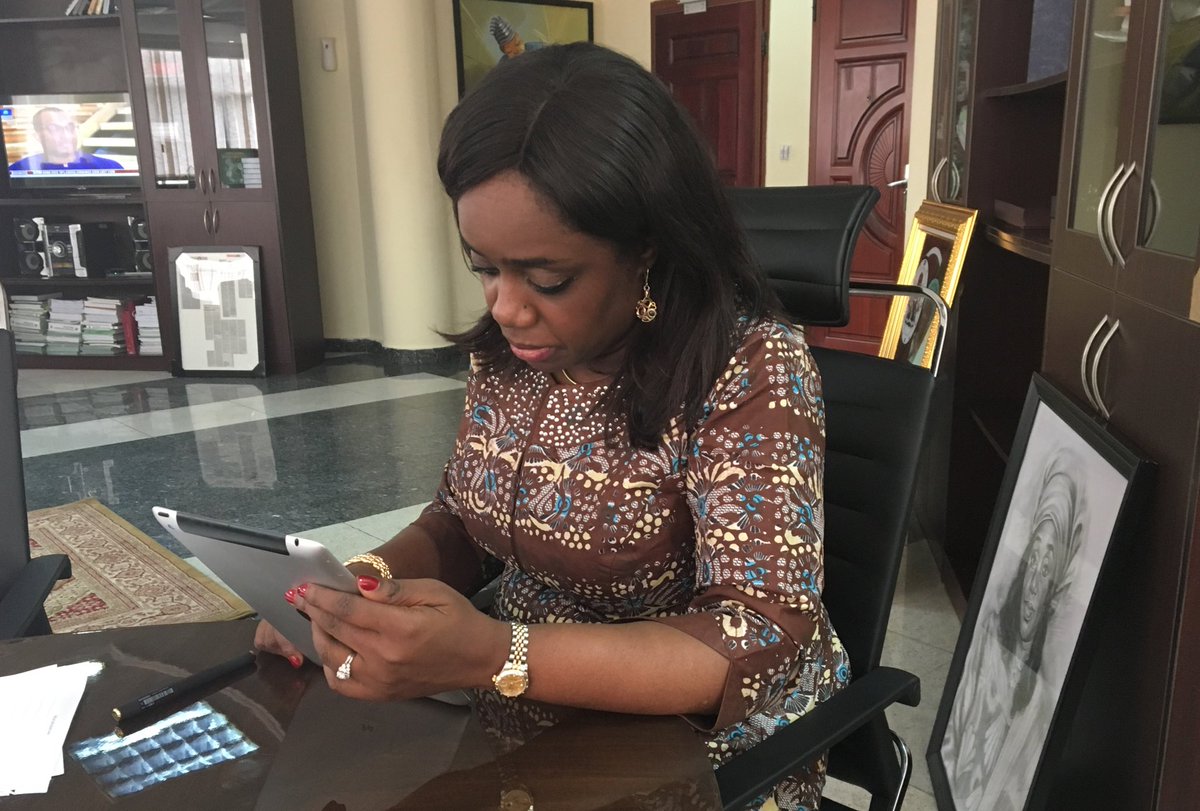
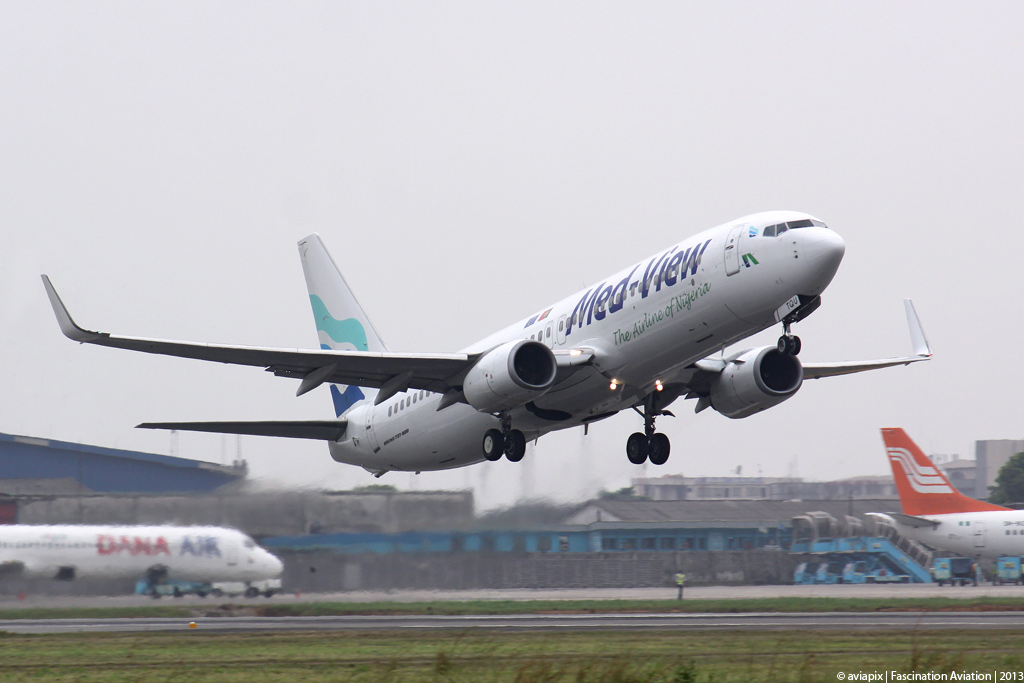
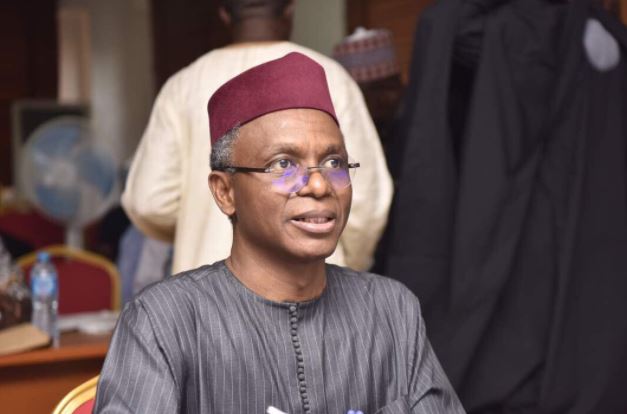
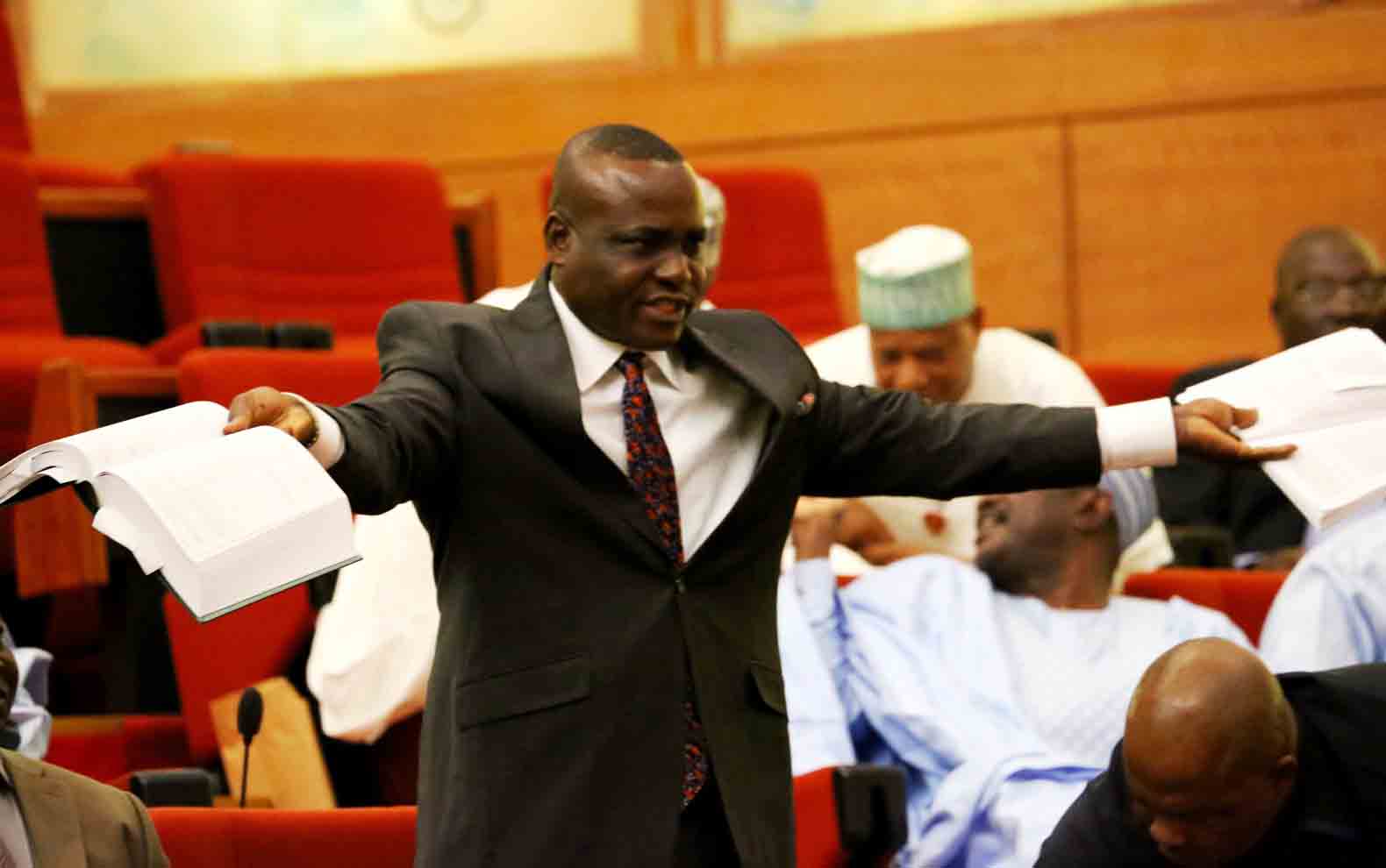

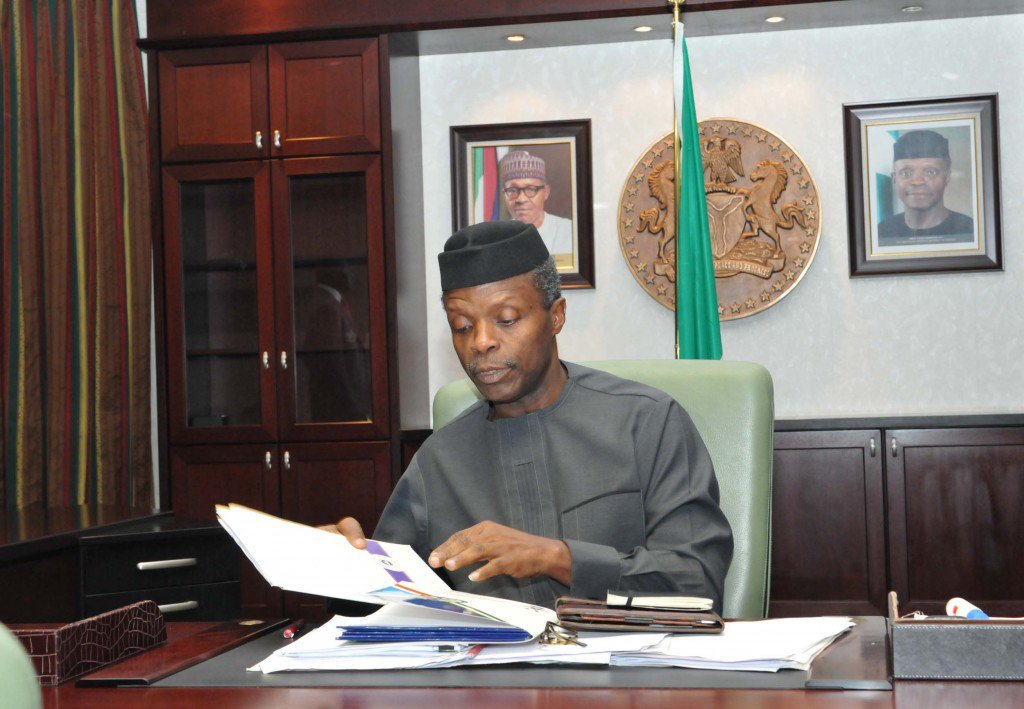
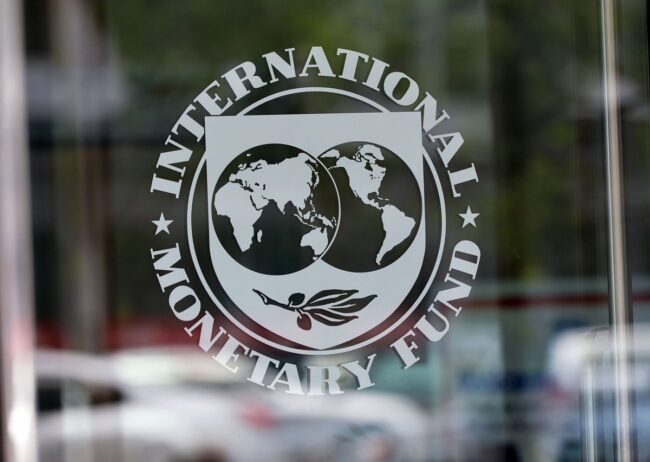
Who is Nigeria’s finance minister? Is Adeosun just a figure head? Pertinent questions.